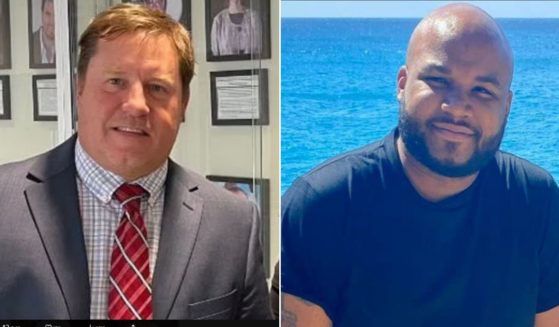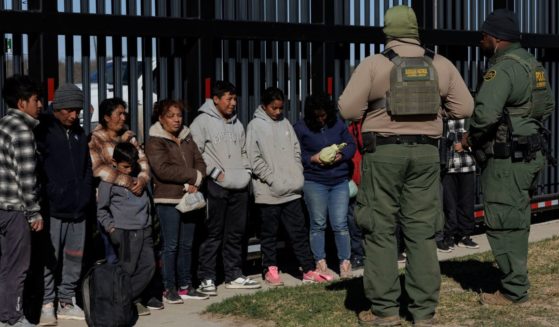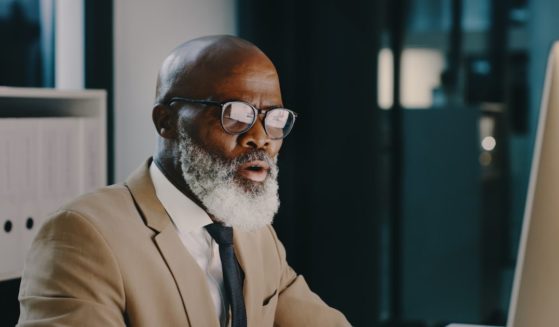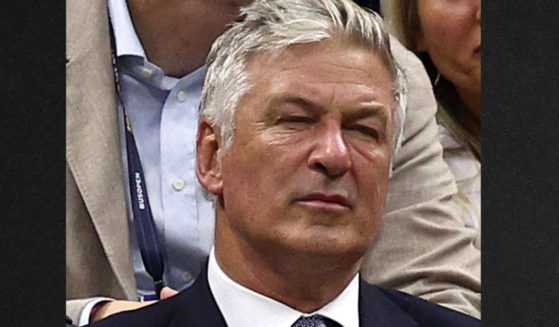New South American President Orders End to Drug Decriminalization Experiment: 'A Whole Generation of Addicted Children'
American liberals have been getting some bad news lately from Latin America.
Not only did last week see the election of a libertarian fan of former President Donald Trump to the presidency of Argentina, another new South American leader much closer to the border just overturned a policy in his own country that U.S. leftists have been pushing for years.
Maybe progressives can learn something from the neighbors to the south.
Daniel Noboa was sworn in Thursday as Ecuador’s president, a role that citizens are demanding he uses to restore the public safety that drug cartels and other criminal organizations robbed them of at the decade’s start. https://t.co/vJcM5hiANs
— PBS NewsHour (@NewsHour) November 23, 2023
On Friday, according to Agence France-Presse, Ecuadorean President Daniel Noboa dumped a policy of decriminalizing possession of small amounts of drugs, declaring that it “encourages micro-trafficking in schools and creates a whole generation of addicted children.”
It applies to “up to 10 grams of marijuana, 2 grams of cocaine paste, 1 gram of cocaine, 0.10 grams of heroin, and 0.04 grams of amphetamine” for personal use, according to the Washington Examiner.
The policy was instituted a decade ago by the country’s then-president, socialist Rafael Correa, according to AFP.
In the intervening 10 years, Noruba, 35, has apparently seen too much. Inaugurated on Thursday, he took only a day to make his announcement about repealing the policy.
“Long a peaceful haven between major cocaine exporters Colombia and Peru, Ecuador has seen violence explode in recent years as enemy gangs with links to Mexican and Colombian cartels vie for control,” AFP reported.”Homicides quadrupled between 2018 and 2022, climbing to a record 26 per 100,000 inhabitants.
“It is on track to keep climbing.”
In short, the law of unexpected consequences remains in effect.
Huge social policy changes based on ideology rather than reality will always have unpleasant results, no matter how well-intended they are (or claim to be). Sometimes that result is exactly the opposite of what the intention was.
In 2020, Oregon decriminalized possession of small amounts of hard drugs. It was a measure approved by 58 percent of the state’s voters, according to a Washington Post report from Nov. 19.
(As an aside, Oregon is run by Democrats and votes entirely by mail. Probably doesn’t mean anything at all.)
The idea was, ostensibly, to”transform addiction by minimizing penalties for drug use and investing instead in recovery,” the Post reported.
But in a result that should have surprised literally no one with any sense, things haven’t worked out quite that way. Drug use has grown, gotten worse, and gotten more deadly.
As the Post reported, “even top Democratic lawmakers who backed the law, which will likely dominate the upcoming legislative session, say they’re now open to revisiting it after the biggest increase in synthetic opioid deaths among states that have reported their numbers.”
Even the leftist publication The Atlantic has been compelled to report the results of Oregon’s experiment as a failure.
An article published in July noted:
“But three years later, with rising overdoses and delays in treatment funding, even some of the measure’s supporters now believe that the policy needs to be changed. In a nonpartisan statewide poll earlier this year, more than 60 percent of respondents blamed Measure 110 for making drug addiction, homelessness, and crime worse. A majority, including a majority of Democrats, said they supported bringing back criminal penalties for drug possession.”
But since liberals are largely loath to learn from reality, Oregon’s ongoing disaster hasn’t been the lesson it should be.
In California, it took a veto by lefty Gov. Gavin Newsom, of all people, to veto a measure passed by California’s even leftier Democratic lawmakers that would have allowed San Francisco to open shooting galleries around the city where illegal drugs could be used under “supervision,” the U.K. Guardian reported in June.
Across the country, in Philadelphia, a Democratic-dominated city council has been forced to pass a ban on so-called “safe consumption” sites, according to WHYY-FM (the city’s insufferably liberal NPR station). Simply having laws against drug use apparently isn’t enough to convince leftist activists that the idea is a non-starter in an already-devastated city.
For advocates of legalizing hard drugs, the arguments are always the same: Users aren’t criminals, they’re victims. And societies that punish small-time users are creating a problem where no real problem exists.
Ecuador, however, has had 10 years’ experience and is documented proof, for anyone who cares to look, that the failure to prosecute the possession of of drugs like cocaine and heroin simply brings more problems than drugs cause when the government is actively attempting to keep them out of the hands of the vulnerable — especially children.
The country’s new president sees that it needs a new course.
Unfortunately, this country can never expect American leftists to decide to change theirs.
Truth and Accuracy
We are committed to truth and accuracy in all of our journalism. Read our editorial standards.












